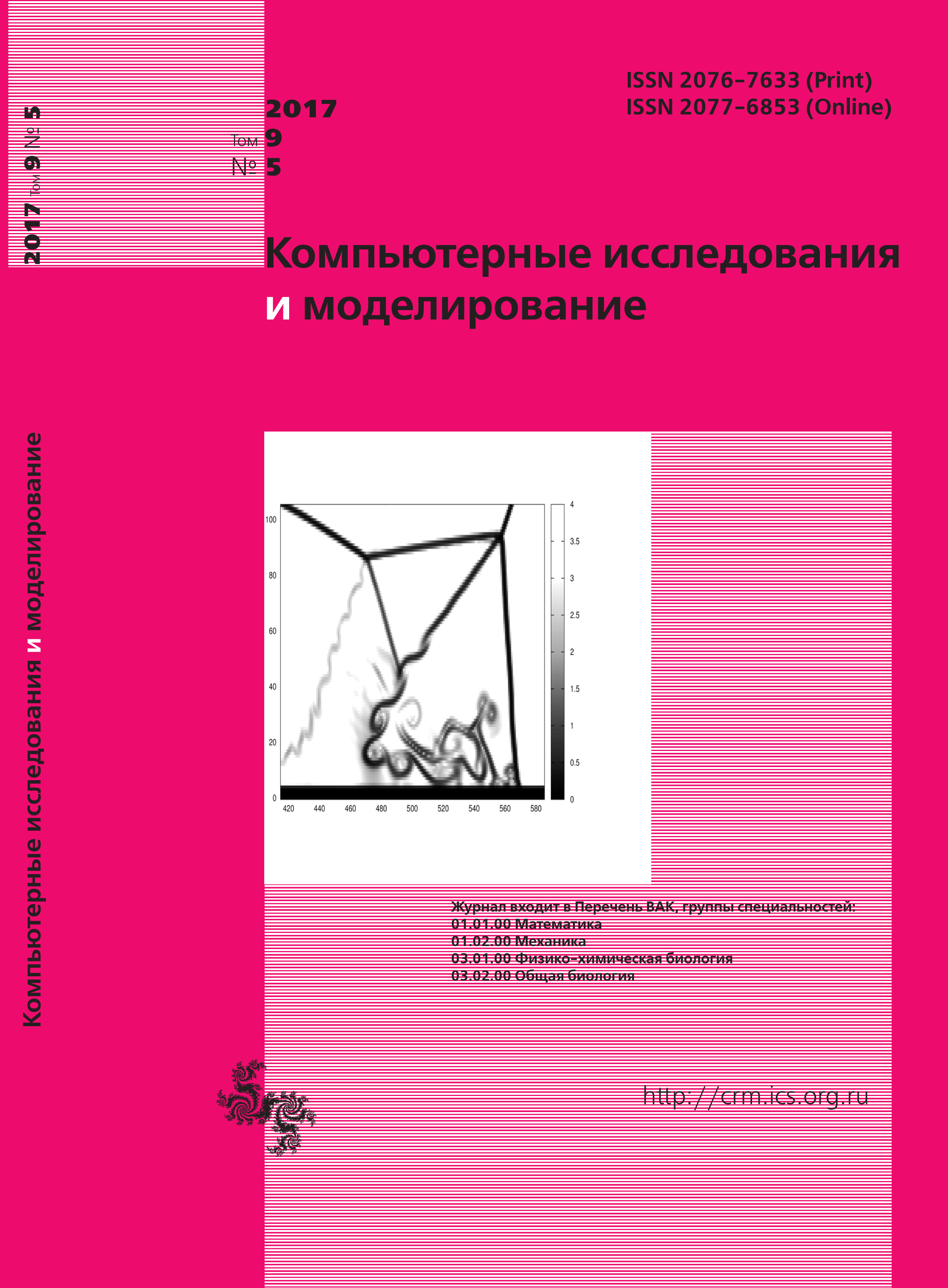All issues
- 2025 Vol. 17
- 2024 Vol. 16
- 2023 Vol. 15
- 2022 Vol. 14
- 2021 Vol. 13
- 2020 Vol. 12
- 2019 Vol. 11
- 2018 Vol. 10
- 2017 Vol. 9
- 2016 Vol. 8
- 2015 Vol. 7
- 2014 Vol. 6
- 2013 Vol. 5
- 2012 Vol. 4
- 2011 Vol. 3
- 2010 Vol. 2
- 2009 Vol. 1
A novel method of stylometry based on the statistic of numerals
A new method of statistical analysis of texts is suggested. The frequency distribution of the first significant digits in numerals of English-language texts is considered. We have taken into account cardinal as well as ordinal numerals expressed both in figures, and verbally. To identify the author’s use of numerals, we previously deleted from the text all idiomatic expressions and set phrases accidentally containing numerals, as well as itemizations and page numbers, etc. Benford’s law is found to hold approximately for the frequencies of various first significant digits of compound literary texts by different authors; a marked predominance of the digit 1 is observed. In coherent authorial texts, characteristic deviations from Benford’s law arise which are statistically stable significant author peculiarities that allow, under certain conditions, to consider the problem of authorship and distinguish between texts by different authors. The text should be large enough (at least about 200 kB). At the end of $\{1, 2, \ldots, 9\}$ digits row, the frequency distribution is subject to strong fluctuations and thus unrepresentative for our purpose. The aim of the theoretical explanation of the observed empirical regularity is not intended, which, however, does not preclude the applicability of the proposed methodology for text attribution. The approach suggested and the conclusions are backed by the examples of the computer analysis of works by W.M. Thackeray, M. Twain, R. L. Stevenson, J. Joyce, sisters Bront¨e, and J.Austen. On the basis of technique suggested, we examined the authorship of a text earlier ascribed to L. F. Baum (the result agrees with that obtained by different means). We have shown that the authorship of Harper Lee’s “To Kill a Mockingbird” pertains to her, whereas the primary draft, “Go Set a Watchman”, seems to have been written in collaboration with Truman Capote. All results are confirmed on the basis of parametric Pearson’s chi-squared test as well as non-parametric Mann –Whitney U test and Kruskal –Wallis test.
Copyright © 2017 Zenkov A.V.
Views (last year): 10.Indexed in Scopus
Full-text version of the journal is also available on the web site of the scientific electronic library eLIBRARY.RU
The journal is included in the Russian Science Citation Index
The journal is included in the RSCI
International Interdisciplinary Conference "Mathematics. Computing. Education"







